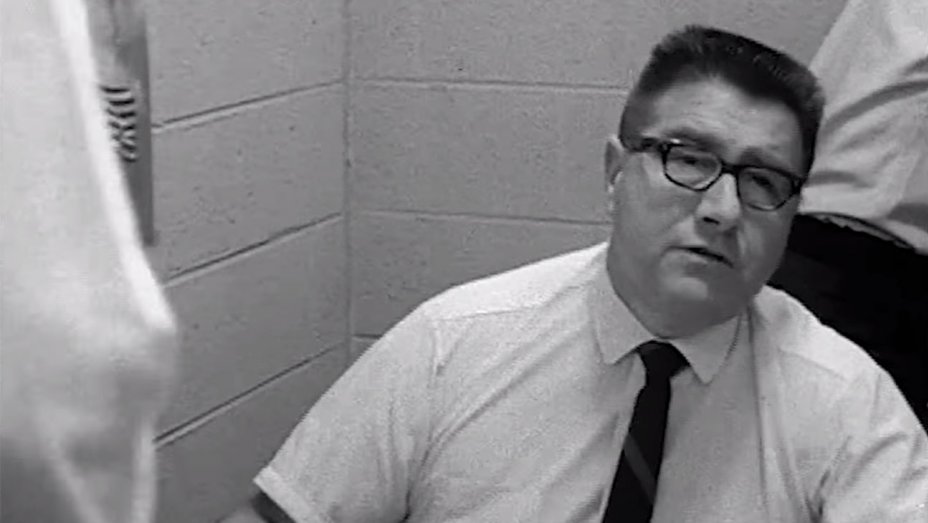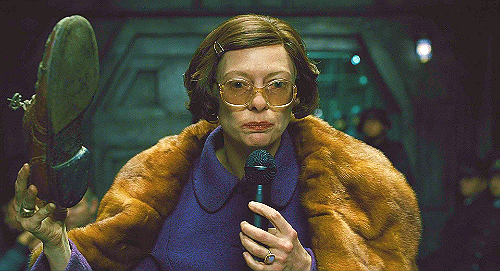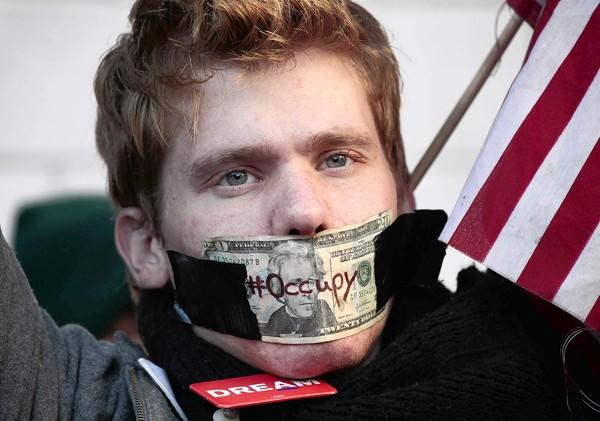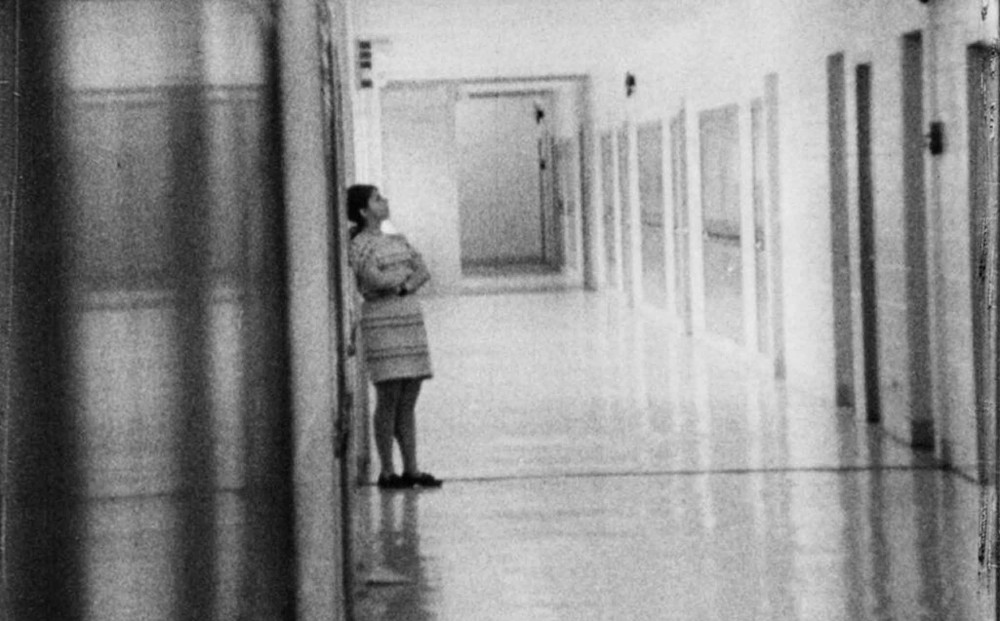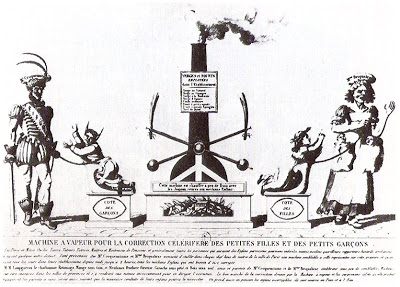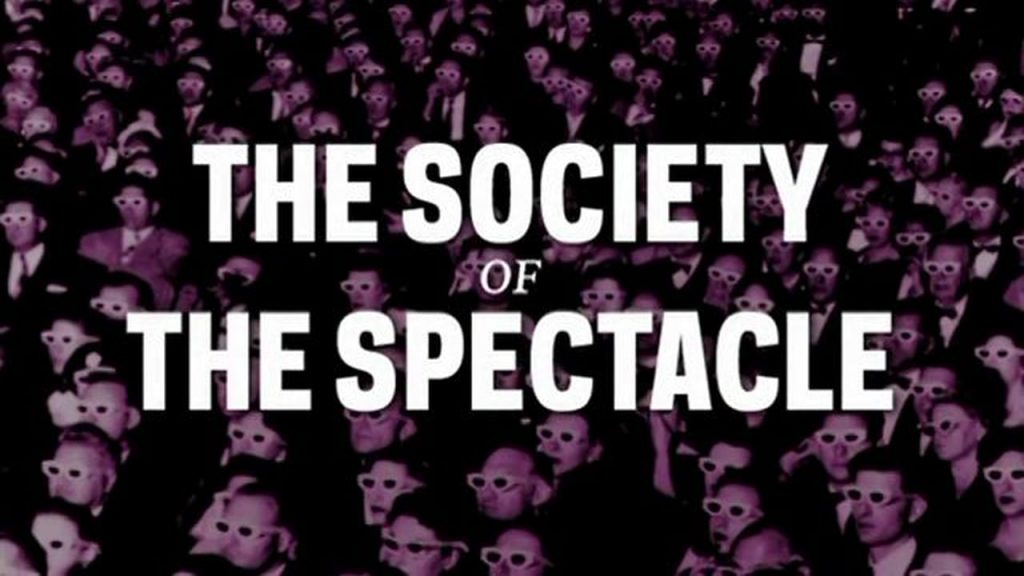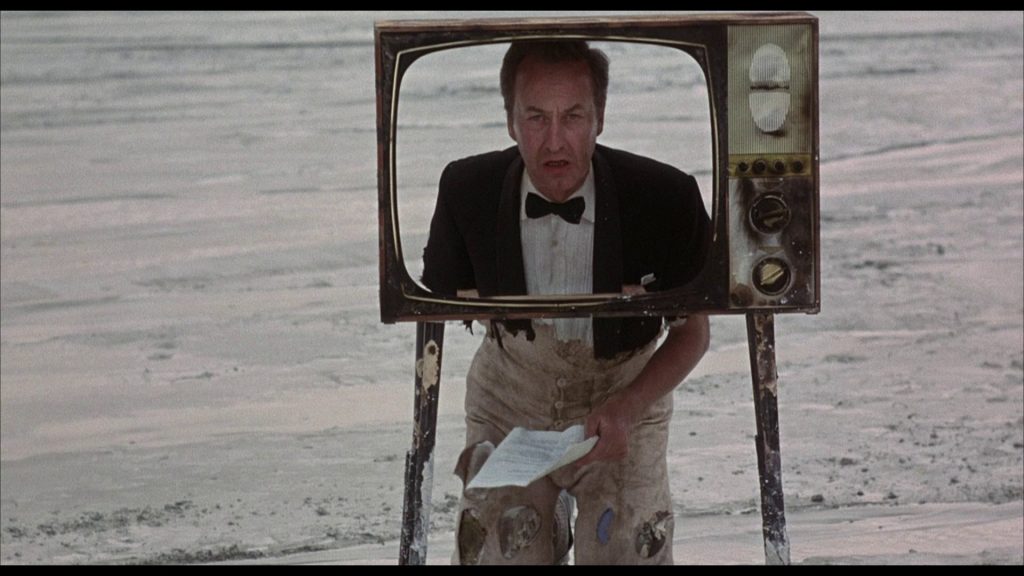
Menu

HUM 415 | CONTEMPORARY CULTURE | FALL 2015 | DR. THOMAS
COURSE DESCRIPTION
The idea behind this version of contemporary culture starts with an image or paradigm: We live in a neoliberal version of the old Soviet Union. As I type this course description, a new policy has been implemented at an educational institution. This particular University no longer wants to spend money on paper and is requesting that all syllabi be distributed electronically. It wants to do this in order to save money. However, due to student misuse of electronic devices, faculty have had to ban all electronic devices from the classroom. The practical effect of this new policy, then, is to shift the cost of printing course syllabi from the neoliberal University onto the already overburdened, individual, student. The term neoliberal in its simplest sense refers to the growing implementation of market logic—commodification, financialization—in all areas of public life, including information, knowledge, and higher education. It seems that the less this logic “works,” the more tenaciously people cling to its ideological foundations and continue implementing its nonsensical practices. Hence, the image of a neoliberal version of the old Soviet Union.
For nearly 200 years, modern higher education was predicated on a boundary in which students worked hard to earn the privilege to attend an institution of higher learning in order to have demands placed on them by those who had been formally educated. With neoliberalism, that boundary has now been eroded if not outright eliminated. Education is now predicated on a relation of exchange and equivalence, nothing more than a financial transaction in which students are the consumers and professors are the service providers. It is as if decades of formal training, pedagogy, and research were suddenly now the equivalent of a job in the service industry (with faculty as intellectual baristas). Higher education, itself, has become an apartheid system, divided between tenured and adjunct faculty (i.e. part-time, temporary, contract labor), the latter of which are now the majority of faculty but are often treated by their own institutions as little more than service industry workers. Universities, themselves, openly refer to administrators, educators, and those who oversee campus services as “stakeholders,” as if public higher education is now governed by the same rules and forms as any corporation. This new system, for all of its focus on the end user and the language of the service economy is, paradoxically, not student-centered but based on the exclusion of students and of the mission of higher education itself (i.e. teaching, learning, the free exchange of ideas, etc.). Lets unpack this statement.
Today, student tuition and fees have reached astronomical levels, burdening students with life long debt. At the same time, students do not even buy the books required for their college courses, much less actually read them. I have asked my students why they get into debt for the rest of their lives in order to go to school and then fail to buy a 25$ book, which is required to actually get the benefit of what they are paying for (you know, this thing called “learning”). Students normally do not have an answer to this question, or they say, excitedly, that it’s about “what they can get away with” (i.e. that they think they can take a University course without buying the books or even reading them and still pass the class). This “getting away with it,” I suppose, makes students feel like they have outsmarted the teacher, though no one has ever admitted to this in class, despite my inquiries over the past decade. Others cite expensive textbooks assigned by their professors that have nothing to do with the teaching of the course. Many students are working part-time (or more), while trying to go to school full-time. These students report that general education (segment three) courses are their lowest priority, and they are trying to “economize” their time by focusing on courses related to their majors. (There is a related phenomenon whereby students question why they are being forced to study things that have nothing to do with their majors. This also points to the effect of financialization on a liberal arts education, which was initially sought to produce well-rounded “citizen-subjects.”)
Students increasingly tell me that higher education is nothing more than an extension of K-12 schooling. They report that they are not even given a choice about whether to go to college when they graduate from high school. One student told me she tried to take a year off between high school and college and all anyone would say to her, for an entire year, was “when are you going to college?” Students are socially and economically expected to attend college or university right out of high school. For them, this means that higher education is not something connected to their lives, but something they need to get out of the way in order to get on with their lives. (There is an interesting economic history to this: In the late 1970’s, campus recruiters became increasingly good at their jobs, which was to convince parents to send their students to college immediately after high school. This business-oriented vision of higher education, foisted on schools in order to survive economically, has now become the norm.)
It is increasingly difficult to even “do” education—to teach and to learn—within the constraints of a system that is oriented around an altogether different metric: financialization. This is a paradox that many students are aware of, and still others remain in the dark about: The more students try to “get away with” things, the more they treat education as a commodity and do what they seemingly think they want to do within this system (not buy books, not do the course readings), the more they unknowingly do precisely what the system wants from them (which is to actually prevent students from being educated). Seemingly, the more adjunct faculty put into teaching their students, the more passion they have, and the more effort they put into teaching, the more they do what they want, they become exploited, giving the system exactly what it wants. Everything in higher education, much like the rest of our world, is broken. Predicated on its own self-absence. This is a systematic and not an individual problem. Rather, it is making and unmaking us, as educators and students, in increasingly complex ways. Our job is to try to find ways to keep up with this apparatus.
The idea behind this class is to give you as many tools as possible for thinking through our current predicament. While we will begin by focusing on higher education—something we are all intimately familiar with—we will also look at larger relations between affect and “governing” in the historical present, particularly in relation to genre, such as melodrama, apocalypse, science fiction, and horror, or “apocalyptic melodrama.” In this sense, this course is a swerve from my recent versions of contemporary culture (imaginethepolitical.com), which focused on apocalyptic imagination and the political, as well as my apocalypse melodrama course from last Spring. We like images of disaster—e.g. the Walking Dead, images of ruins (aka ruin porn), Banksy’s Dismaland—because we seem to sense that everything is all, already, a disaster. But many of these expressions just end up reflecting the disaster we are all, already in, rather than critiquing it. It is here that Anker’s (Orgies of Feeling) thesis on melodrama as a form of post-9/11 governing seems promising. At the very end of the course, we will also return to the problem of education with a few short selections from Wendy Brown’s Undoing the Demos.
BOOKS (Available at the bookstore)
ESSAYS (Print, Read, Bring to Class)
FILMS (shown in class)
